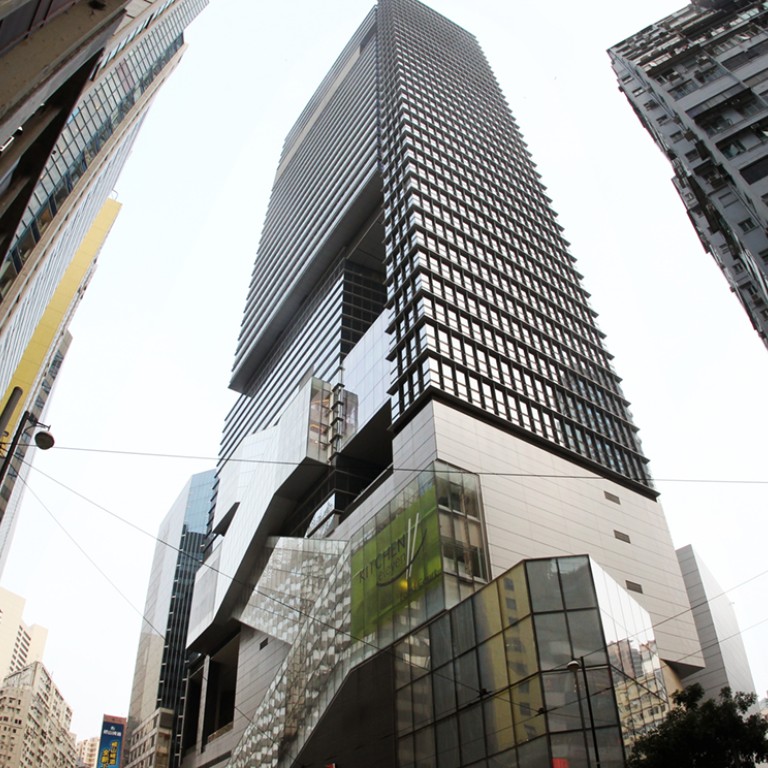
Long hours didn't cloud our judgment on Causeway Bay building restrictions, town planners say
Planners dispute court ruling that ‘excessive’ length of a meeting on building restrictions in Causeway Bay may have affected their decision
Members of the Town Planning Board have defended themselves after a court ruled that the "excessive" length of one of their meetings meant they did not fairly consider a property developer's point of view.

Other board members contacted by the also insisted that they maintained their professionalism despite the length of the meeting and the amount of technical detail it involved.
The case centres on the board's March 2011 decision to impose planning rules - including height limits of between 130 and 200 metres - in the outline zoning plan that covers Causeway Bay, where Hysan owns at least nine properties.
Hysan had asked the board to relax the restrictions to allow taller buildings when its properties were redeveloped. After its request was rejected, the group brought the case to the Court of First Instance in 2012. It failed to gain judges' support until last month, when the Court of Appeal ruled in Hysan's favour.
The three appellate court judges ruled that the board had not fairly considered Hysan's representations due to the meeting's "objective circumstances", including its long sitting hours and the volume and technical nature of Hysan's arguments.
The board meeting on March 11, 2011, lasted about 14 hours, from 10am to 12.15am the following day, including a half-hour lunch break. The board members retired for deliberation after 11pm and eventually reached the conclusion that the restrictions should be imposed.
Taking into account the limits of human capacity, the appellate court judges said: "It has to be recognised that there would come a point when members' level of concentration would drop … The excessive length of a hearing is a factor when one assesses the overall fairness of the proceedings."
But board vice-chairman Stanley Wong Yuen-fai, who was also at the meeting, said the board chairman had asked the members during the deliberation session if they still had the energy to digest all the technical details of the case. The members' response was positive, he said.
"This is not the board members' first time handling technical issues. We hold hearings on many cases about building heights and air circulation each year," Wong said.
"It is also judgmental to define long hours. Should we just stop the meeting after eight hours?"
Timothy Ma agreed that the long hours were not unusual. Once, a meeting even went on until 2.30am the next morning, he revealed.
"We remain vigilant even though it's a long day. The law requires us to fully consider public views," he said.
A spokeswoman for the board said it would study the court's judgment before deciding on what further steps to take.
Meanwhile, the court case has led an urban-design professor to call for an overhaul of the town planning process.
The trend of holding marathon board hearings to address an overwhelming number of public complaints will mean the system cannot function properly, according to Professor Ng Mee-kam, an urban planning specialist at Chinese University. And the long meetings stemmed from a lack of transparency in the town planning process, she said.
"The Town Planning Board's hearing is one of the few open processes that allow the public to vent their anger," Ng said. "There wouldn't be so many objections raised to the board if the conflicts involving the stakeholders were resolved at an earlier stage."
Ng said the government could address the problem by implementing a long-term community-based planning system to gather information on what the public wanted before coming up with any new development proposals and planning rules.

